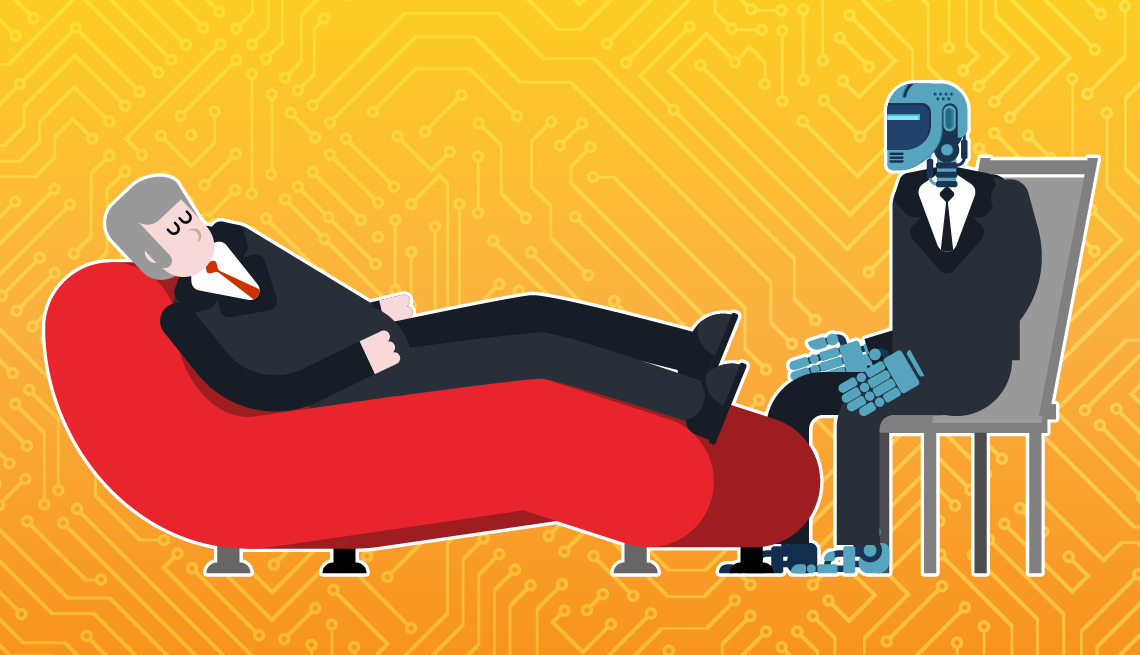Recently, we have been hearing everything about AI: from its impact on the planet and the environment to the jobs it may or may not substitute one day. While designers and artists fight the impeccable designs of AI, another question arises: when someone needs human contact, will AI be able to respond?
A close source chatted with a suicidal hotline in their country during a very dark moment of their life. They were seeking human connection—someone who would guide them away from their mind’s endless dark thoughts, someone who would tell them that despite everything looking dark, despite feeling like they were running in a storm in the desert where the sand was cutting their skin and they could barely see where they were going, there was a way. However, the person on the other end seemed odd, answering questions by summarizing the text they just received and asking, “Does this sound correct to you?” to the person in need. When asked if they were AI, they said that no, everyone on the other end of the chat was a real person and counselor ready to help a person in need.
Despite many articles stating that all staff answering chats or calls in hotline systems are real people, it is possible to find many accredited sources, such as the U.S. Veteran Affairs Department and Route Fifty, declaring that AI could be used for other purposes such as supervision, quality assurance, operational efficiency by solving back-end tasks such as transcriptions, and even counselor training – especially for the Veteran Crisis Line, integrated with 988 in the United States.
On a Reddit Thread titled Should AI be used for suicide hotlines?, the audience’s opinion splits in two. An anonymous comment states, “If they could tune it properly and you could opt in, I think it may do some good. I know personally I was left waiting quite a while the times I used it,” and another one, “I’d actually be relieved if it was a bot, my suicide ideation feels embarrassing to talk to another human about and the crisis hotline isn’t usually interested unless you’re hanging off a bridge when you call them.” On the other hand, many people’s opinions seemed firm and decisive in the opposite direction. “When I’ve been that far down in the rough years, I wanted a human connection. Heart, soul, ears. I’d be furious,” someone says, and “it made me more upset because I felt like I didn’t even feel worthy to talk with another human,” someone adds.
Despite the divided public opinion and the clearly time-efficient use of AI in certain jobs, is a life worth risking the experiment?





















